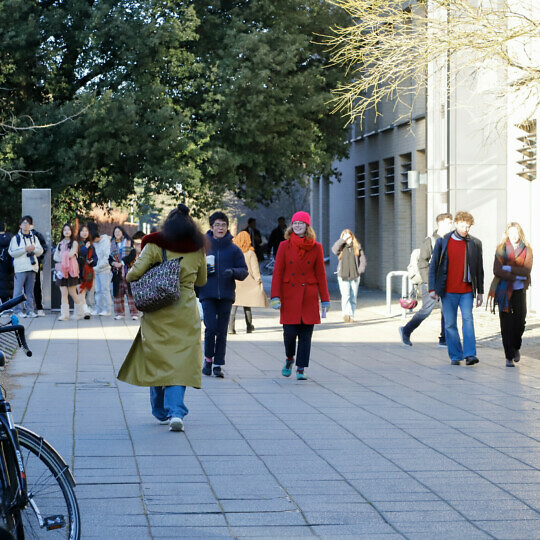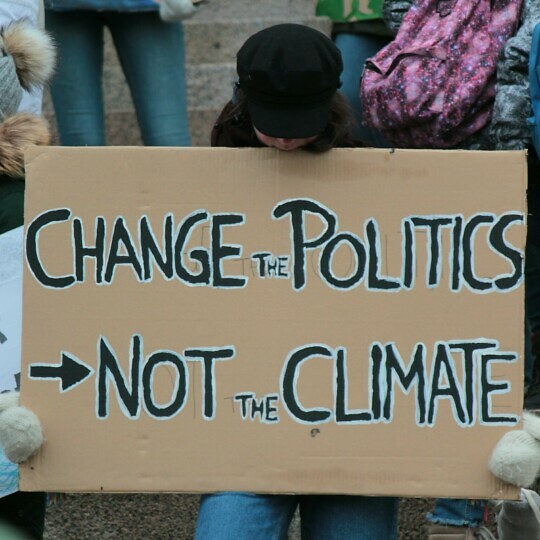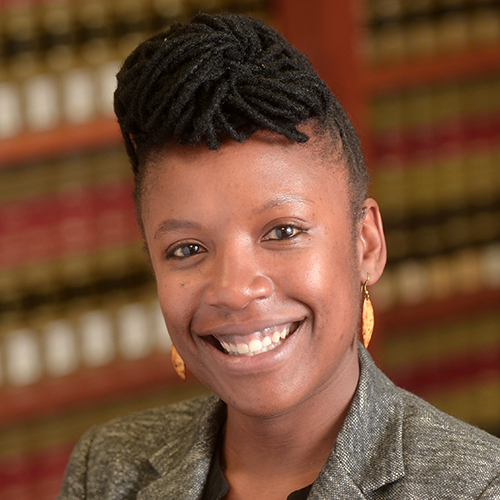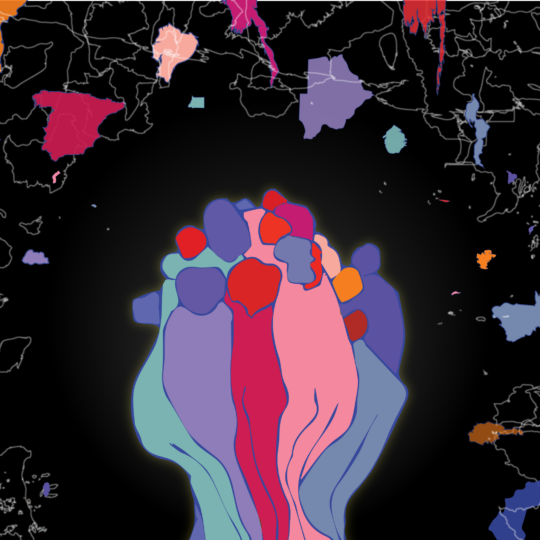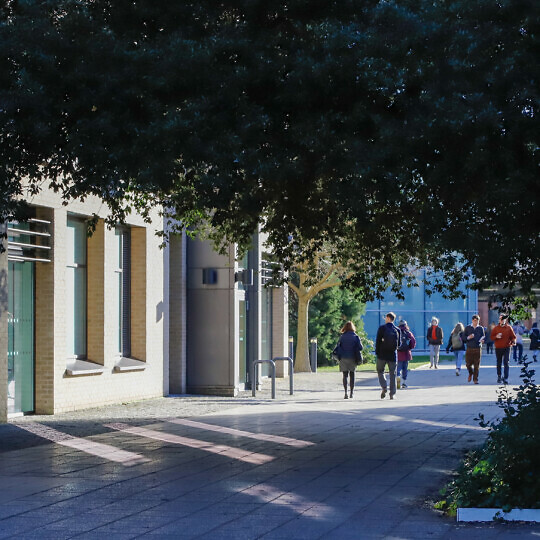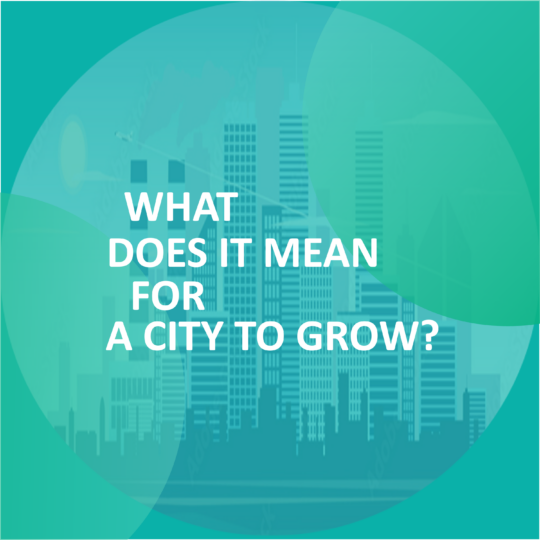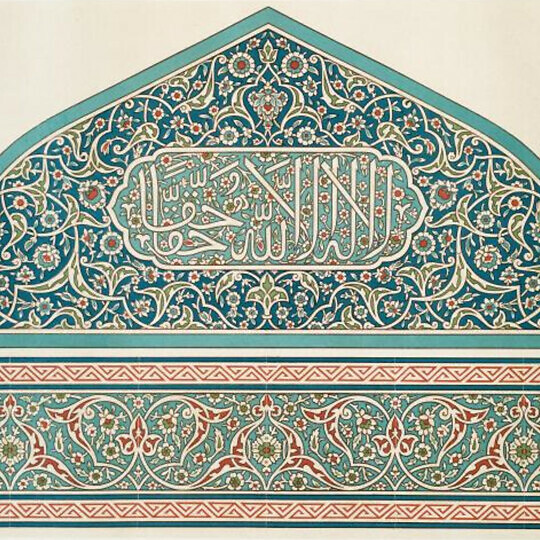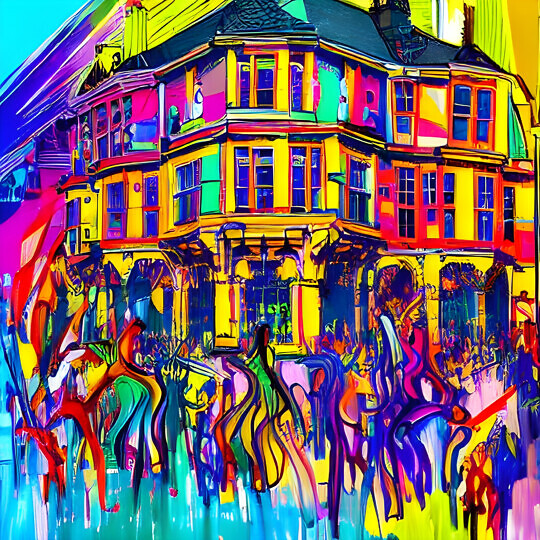| 5 Jul 2017 - 7 Jul 2017 | All day | Alison Richard Building, 7 West Road, Cambridge, CB3 9DT | |
- Description
Description
Convenors
Pedro Ramos Pinto (University of Cambridge)
Poornima Paidipaty (University of Cambridge)
Summary
As economic and social inequalities continue to raise global concern, the framing and understanding of inequality as a problem is fundamentally linked to the way it is measured. Whether it is the use of GINI coefficients, multi-component indices for measuring human development, or the increasing use of bio-metrics in the contemporary and historical study of inequality, how we gauge and measure disparity defines both the shape of our concerns and the sites of future interventions.
Measures of inequality have a history that matters. Contemporary understandings of inequality are connected to contingent past choices about measures and objects of measurement. Such choices took place in specific historical, social and political contexts. This conference aims to ask how such contexts influence the making and nature of measurement. What kinds of measurement are created in more or less equal sites of production, and how does the ownership of measurement influence the knowledge that is produced? Equally, how do different contexts influence how measurements are interpreted and used?
Once available, how do measurements of inequality gain broad political and ideological acceptance, and where do they face resistance? When and how are “counter-measures” produced? How do measures that are devised in particular and possibly exceptional contexts travel and find acceptance in other social and historical locations? How and why did income come to play such a central role in our accounts of disparity? How are ideas about citizenship, rights, and political subjectivity shaped by our metrics for gauging inequality?
The conference will combine intensive closed workshops with two public events on the topic.
Public Events – open to all
Both events will take place in the Alison Richard Building.
Wednesday 5 July, 5pm – 6.30pm
Keynote lecture by Professor Alice O’Connor
'Divided Democracy: Wealth and Economic Citizenship in the Age of Capital’
Thursday 6 July, 4.45pm – 6.15pm
Keynote lecture by Professor Sanjay Reddy
'Inequality: Against Obscurantism'
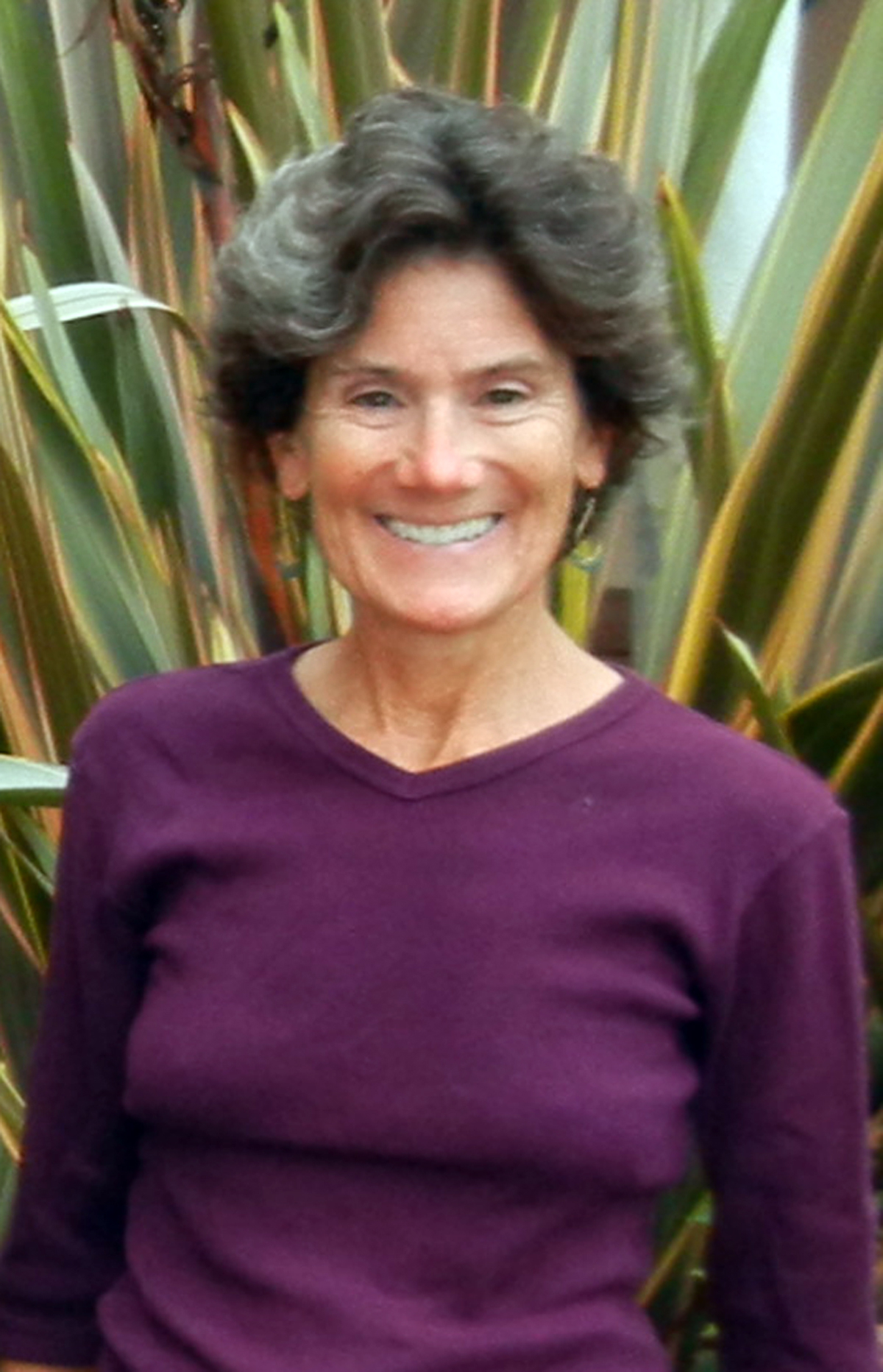
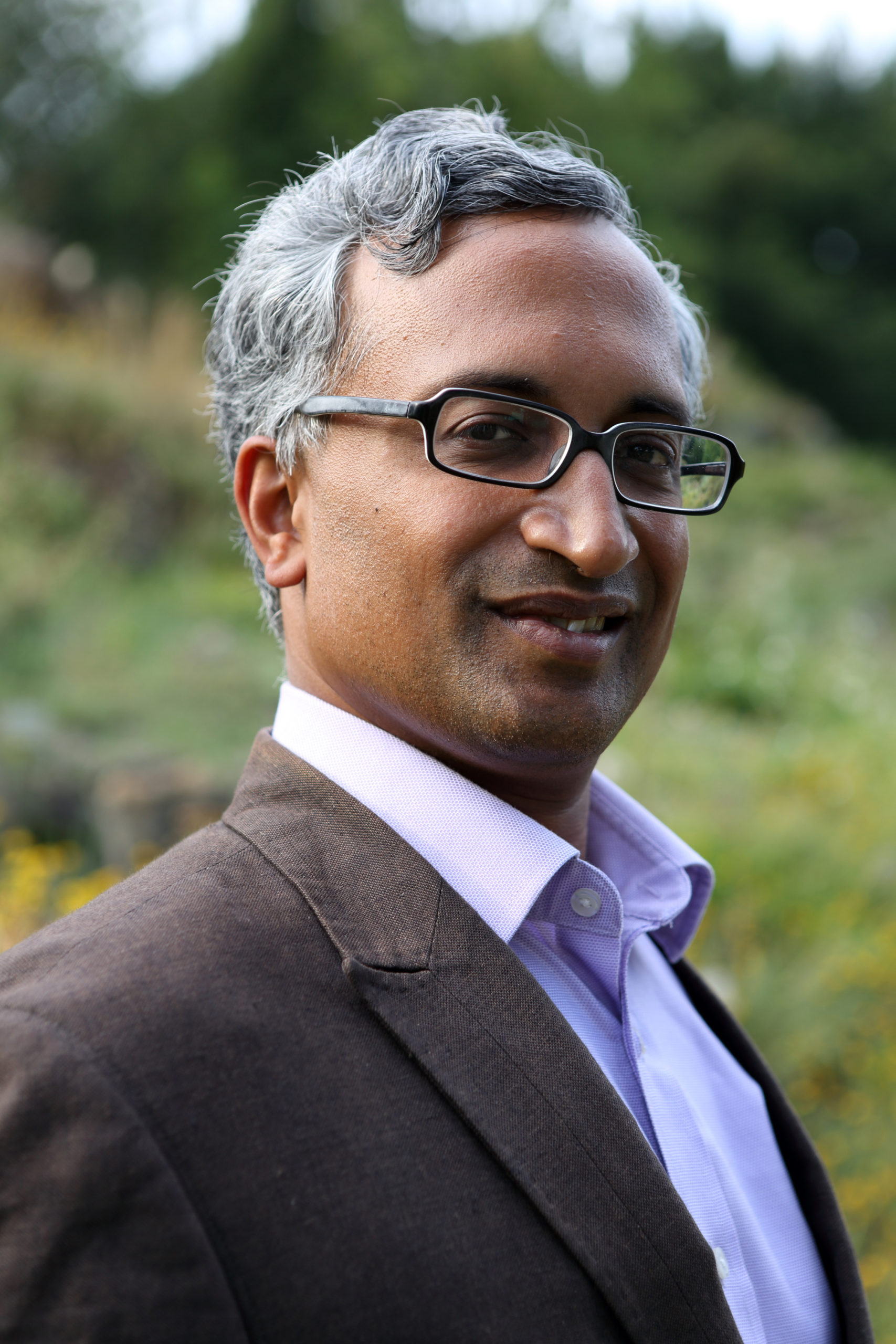
Sponsors

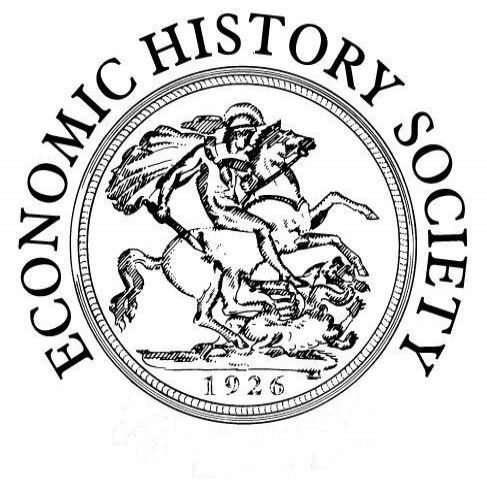

Supported by the Centre for Research in the Arts, Social Sciences and Humanities (CRASSH), the Ellen McArthur Fund (Faculty of History) and the Humanities Research Grants Scheme at the University of Cambridge, the Economic History Society, and the Philomathia Social Sciences Research Programme.
Administrative assistance: events@crassh.cam.ac.uk


